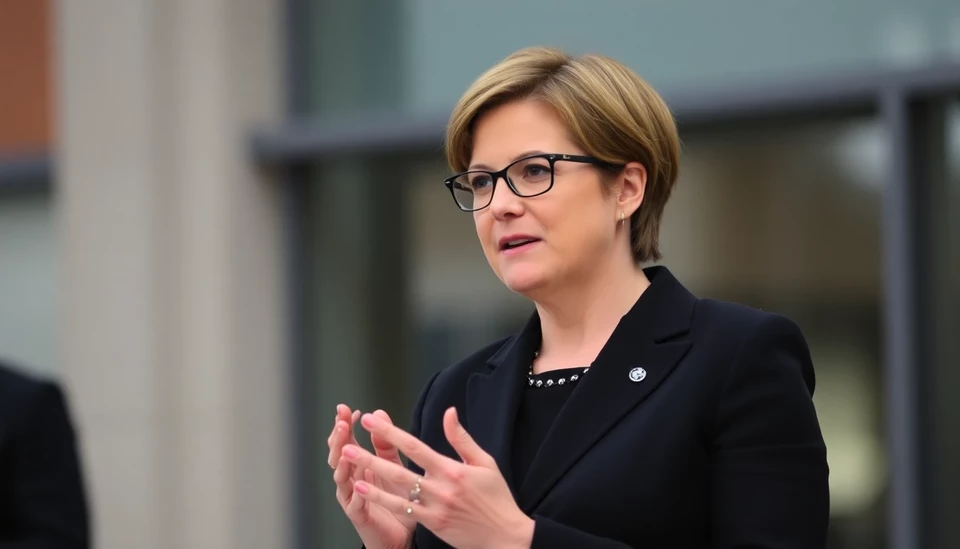
The German economy is currently navigating a complex landscape, marked by both a pressing labor shortage and an increasing wave of anti-migrant sentiment. Chancellor Olaf Scholz is actively seeking to attract foreign workers as part of a broader strategy to address the workforce gap that is hampering the nation’s growth. This decision is pronounced against a backdrop of rising public skepticism regarding immigration, presenting a delicate balance for the German government.
Germany has long relied on foreign labor to bolster its economy, particularly in sectors such as manufacturing, healthcare, and technology. As baby boomers retire and the birth rate declines, the need for skilled workers has become critical to sustaining economic prosperity. Scholz’s administration recognizes that immigration policy must be reshaped to mitigate these challenges effectively.
In a stark contrast to the current climate, which sees many German citizens expressing concerns over immigration, Scholz is pushing for reforms aimed at making it easier for skilled workers from outside the European Union to relocate to Germany. The Chancellor has outlined initiatives that include simplifying the visa process and allowing companies more flexibility to hire from abroad.
This initiative comes as various polls indicate a growing unease among the populace regarding the influx of migrants, with many expressing the belief that it negatively impacts social cohesion and public services. Scholz’s approach aims to bridge the gap between economic necessity and societal sentiment, a balancing act that many view as imperative for the sustainability of both the economy and social harmony.
The potential for enhanced economic performance through increased immigration is substantial, but so too are the risks. If not carefully managed, the push for foreign workers might exacerbate existing tensions within the domestic labor market and deepen divisions within German society. Scholz will have to engage in continuous dialogue with stakeholders to ensure that the foreign workforce can integrate smoothly and contribute positively.
Additionally, the Chancellor’s government is under pressure to reinforce support systems that assist both the new arrivals and local populations. This includes improving language training, labor integration programs, and public services, ensuring that the impact of immigration is seen in a positive light.
As Germany grapples with these dual challenges, the outcomes of Scholz’s strategy to invite skilled labor may very well dictate the nation’s economic trajectory and social fabric in the years to come. It remains crucial for the government to foster an environment that is both welcoming to newcomers and reassuring to citizens concerned about the implications of increased immigration.
#Germany #ChancellorScholz #ImmigrationPolicy #ForeignWorkers #EconomicGrowth #LaborMarket #SocialCohesion #AntiMigrantSentiment #IntegrationPrograms
Author: Laura Mitchell




